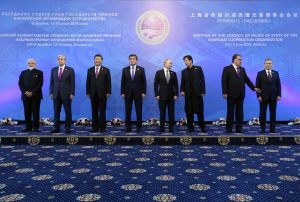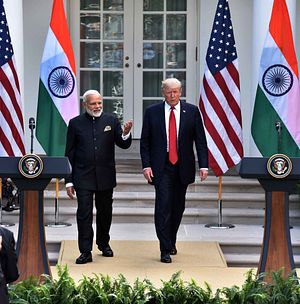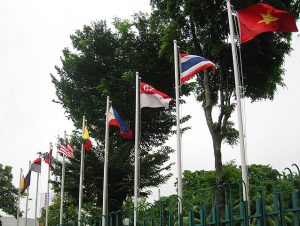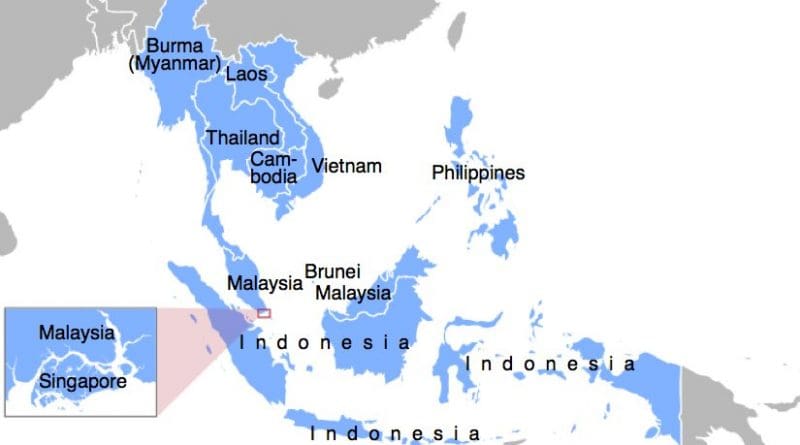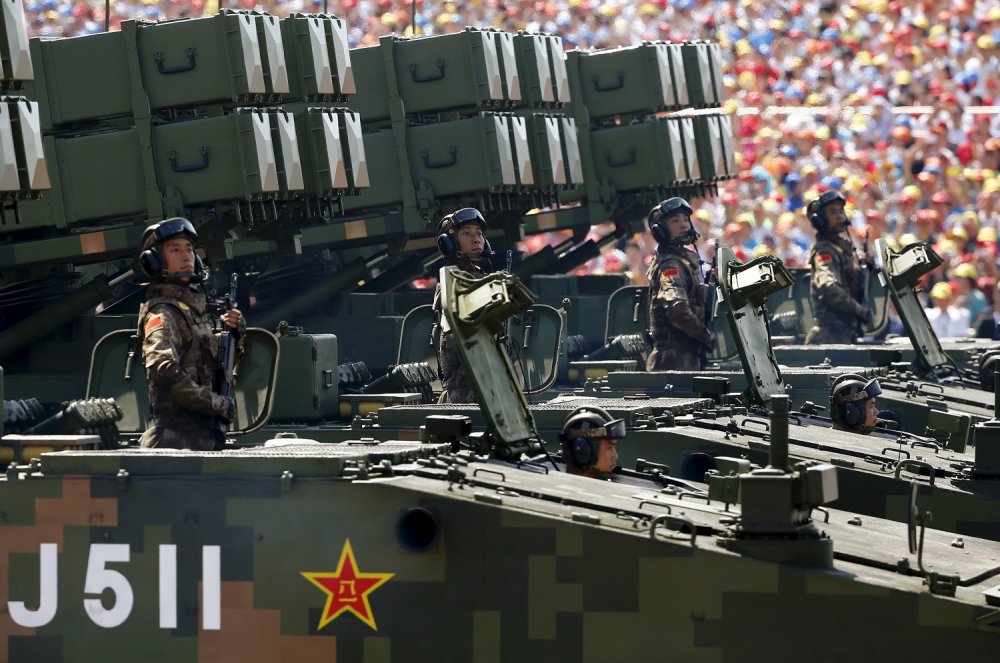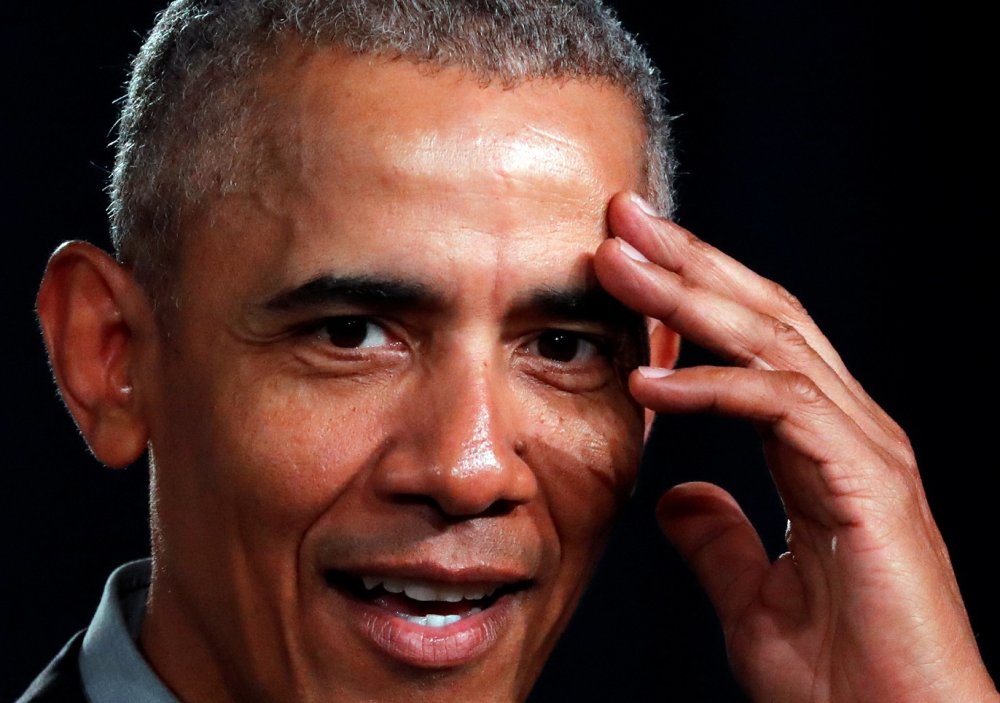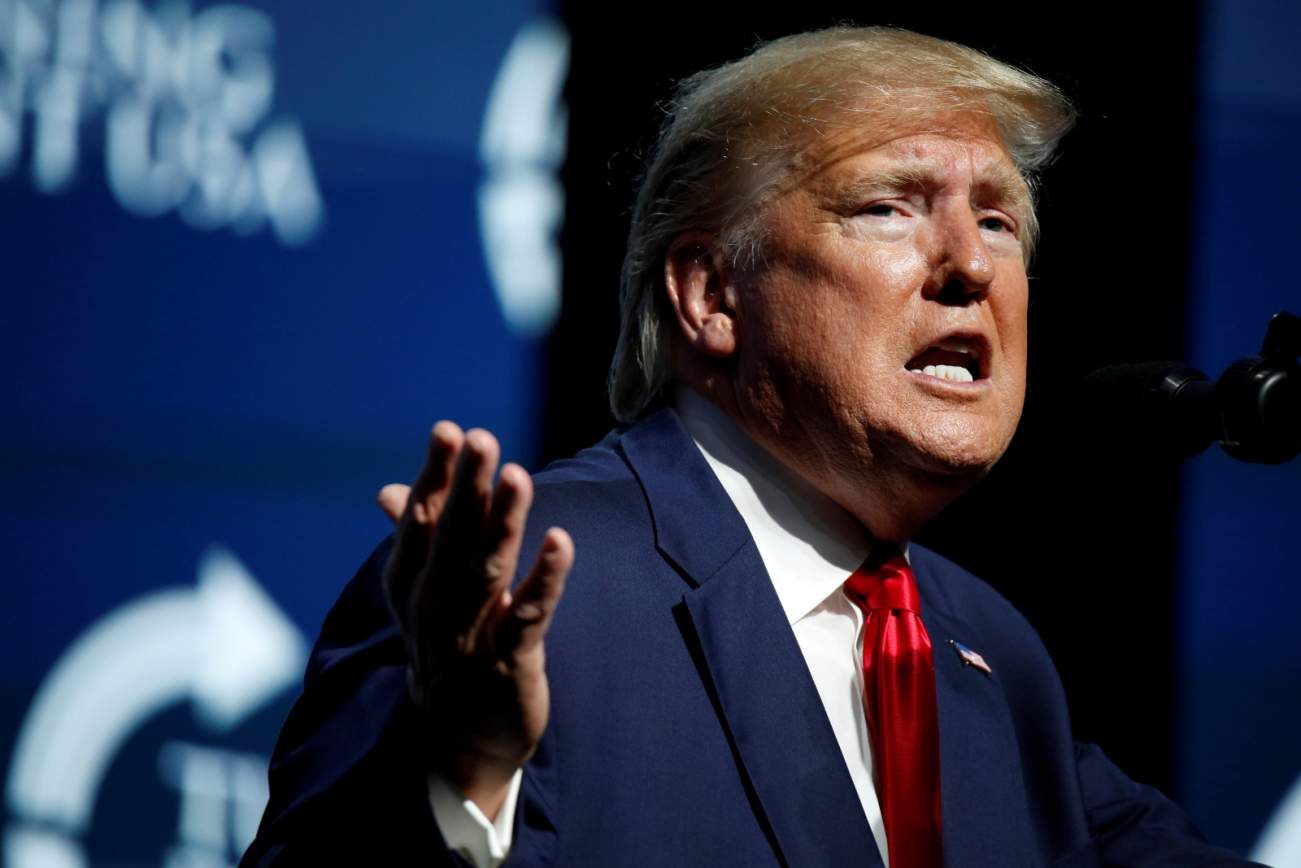S. Binodkumar Singh
Data and assessments from SAIR can be freely published in any form with credit to the South Asia Intelligence Review of the South Asia Terrorism Portal.
After months of delay and bitter allegations of fraud and corruption, Afghanistan’s Independent Election Commission (IEC) on December 22, 2019, published the preliminary results of the Presidential Election held on September 28, 2019. According to these results, incumbent President Mohammad Ashraf Ghani won the Election. Out of 1,824,401 total votes, Ghani secured 923,868 (50.64 percent) – enough to win in the first round of voting – defeating his main challenger, incumbent Chief Executive Abdullah Abdullah, who secured 720,099 votes (39.52 percent).The head of Hizb-e-Islami, Gulbuddin Hekmatyar, came a distant third, with 70,243 votes (3.85 percent). The remaining 5.99 per cent votes went to 11 other candidates. Eight of these candidates– Rahmatullah Nabil, Faramarz Tamana, Enayatullah Hafiz, Mohammad Hakim Torsan, Ahmad Wali Masood, Mohammad Shahab Hakimi, Ghulam Farooq Najrabi and Noor Rahman Lewal – had together formed the Council of Presidential Candidates on April 15, 2019.The Presidential Election was contested by 14 candidates.
There was a total of 9,665,745 million (the exact number released by the IEC on August 18, 2019) registered voters, out of which1,929,333 exercised their right to vote, i.e. around 19 percent. 104,932 of the registered voters, i.e., around one percent, was found invalid. During the 2014 Presidential Election, the voting percentage was 58 percent.
